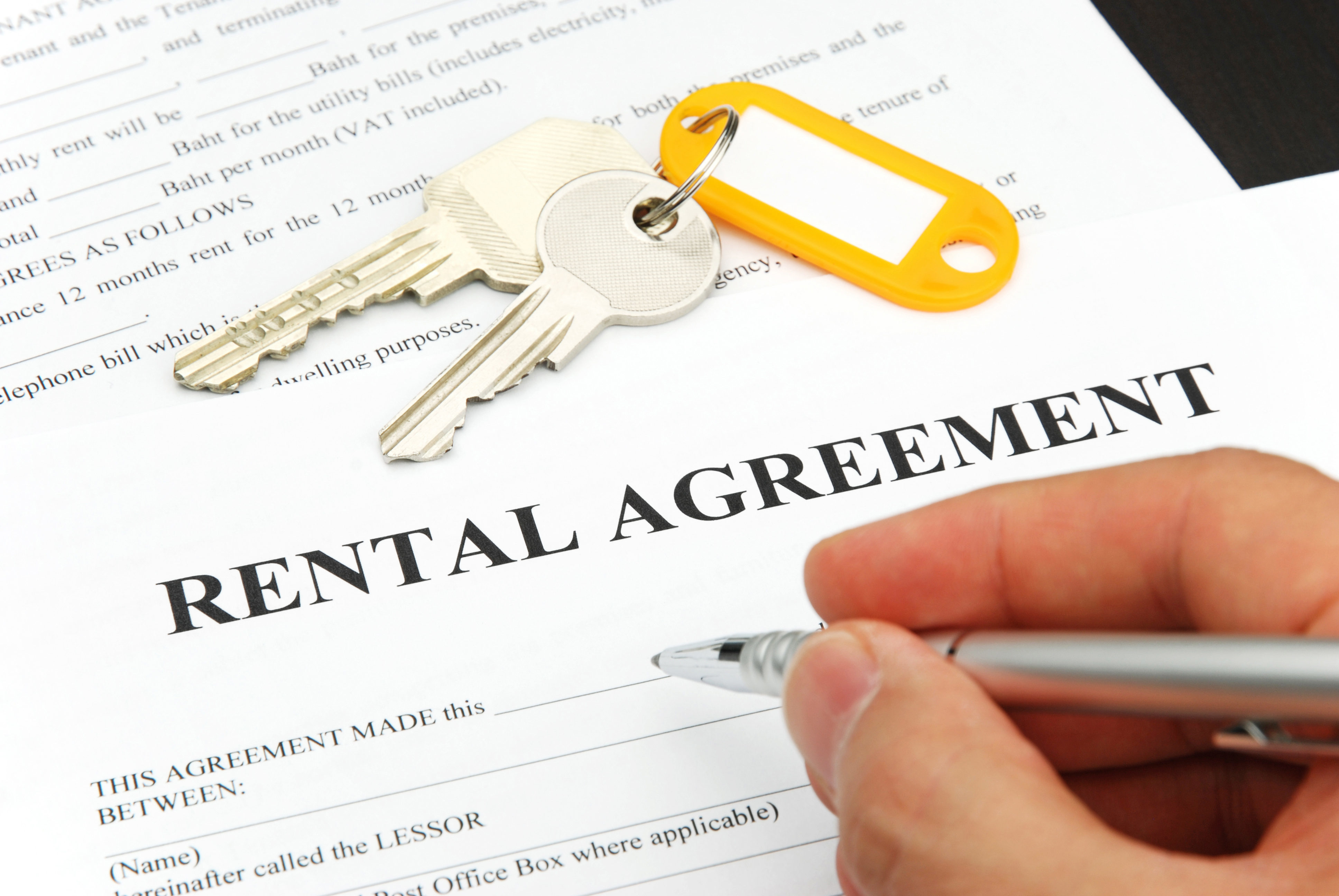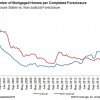Negotiating a Rentback Agreement

Lots of folks inquire if they decide to stay in the house after closing whether a buyer can rent the home out to the seller.
The response is not a straight yes or no. Lots of times, the seller has a motive they need to stay until closing in the house: the next house is not prepared, they are attempting to finish up a job, the children are in school, etc. To solve this issue, an option that is common is what is called a rent-back arrangement. What this means is the seller can rent the house back for a predetermined amount of time after closure.
If you are selling and you need to Lease-back before the contract is composed you should negotiate it! Negotiating a rent-back arrangement up front will normally lead to an arrangement between the seller and the buyer, with few difficulties.
Dealing with Traditional Lenders
 Most lenders allow a lease-back for a maximum of 60 to 90 days. After that, the house is considered an investment property and that can shift the conditions of your buyers’ funding.
Most lenders allow a lease-back for a maximum of 60 to 90 days. After that, the house is considered an investment property and that can shift the conditions of your buyers’ funding.
Your buyers may have needs of their own. They may need to vacate their present dwelling by a specific date, or they may have plans to renovate your house before it is occupied by them. How much you can negotiate with them will depend on marketplace conditions and your individual demands. For instance, in a seller’s market, you may have a less difficult time getting your buyers to consent to an arrangement that satisfies your needs. Should you figure out how to schedule a lease-back, you should consider multiple facets of the deal.
 Negotiating the Rent
Negotiating the Rent
The buyers will be the ones to determine how much rent to charge you for the days or weeks which you stay in the house. Generally, since the buyers will begin paying other costs of the house and the mortgage after the close, you’ll be billed the equivalent of the buyers’ principal, interest, taxes, and insurance on a prorated basis. For instance, if their mortgage payment is $2000, $67 per day may bill you. The rent could be based on local market rents. Some sellers are shocked by the sum they’re expected to pay, especially if they’ve possessed the house for quite a long time and have had a comparatively modest monthly mortgage payment. You and your listing agent and the buyers and their broker can negotiate the rent back terms because they’re the new owners of your house but the buyers usually have the upper hand in this scenario.
Obligations and Accountability
Apart from the rent, the buyers and you should have a clear, written understanding of everything connected with the house. Who’ll pay the utility bills? Who’s responsible for any repairs that are needed? Generally, the buyers will have changed the utilities into their names at the close, when you are in the house however you can delay that substitution or reimburse the buyers for utilities.
The buyers will have homeowners insurance on the property, but you should organize for renter’s insurance on your own properties that are private. Both kinds of coverage have liability coverage in case something. But if the house is robbed or catches fire while you’re leasing it from your buyers, it’s not impossible the buyers could hold you responsible for neglect. You might want to discuss this with a property lawyer and insurance agent to ensure you’re sufficiently shielded.
Showing Arrangements
Another significant factor with a rent-back arrangement is to schedule a showing for the buyers to evaluate the house’s state. Typically, the buyers will have a walk-through before the resolution to be sure the property fits the state it was in on the day it went under contract. The buyers and you should consent on another walk through after you go out to make sure that the conditions of the contract have been fulfilled.
Despite all these important discussions and arrangements that must be made, rent-backs are pretty common and supply a simple option of moving from one house to the next for the occasionally complicated play. If deciding to stay longer make sure you have the financial ability to pay the rent on time.
- Created On: September 8, 2016
- Last Updated On: October 6th, 2017 at 1:11 am
- Selling Your Home
- One Comment













